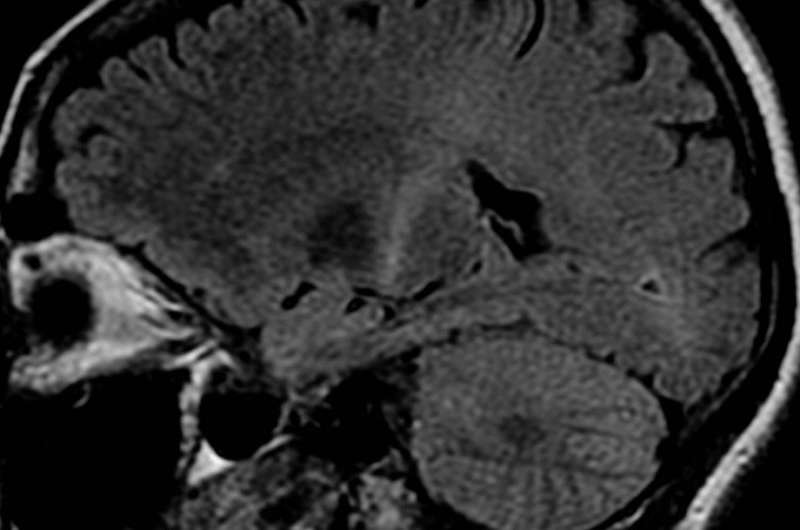Researchers identify new gene that may increase risk of ALS

Researchers have identified a new gene that may increase a person’s risk of developing ALS (Amyotrophic Lateral Sclerosis), according to a new study published in the June 16, 2021, online issue of Neurology, the medical journal of the American Academy of Neurology. The gene, called TP73, produces a protein to help regulate the life cycle of a cell. Researchers found that some people with ALS have mutations in this gene and that the mutations may interfere with nerve cell health.
ALS is a rare, progressive neurodegenerative disease that affects nerve cells in the brain and the spinal cord. People with ALS lose the ability to initiate and control muscle movement, which often leads to total paralysis and death.
Both genetic and environmental factors can contribute to the development of ALS. Approximately 15% of cases are diagnosed as familial ALS, which is when a person has more than one family member who also had the disease. Cases with no known genetic cause are called sporadic ALS.
“Much remains unknown about the genetics and processes that lead to the development of ALS,” said study author Lynn B. Jorde, Ph.D., of the University of Utah in Salt Lake City. “While known gene variants are critical determinants of 68% of familial ALS cases, they only account for 17% of sporadic ALS, yet up to 61% of sporadic ALS is believed to be influenced by genetic factors. Our study has identified a new genetic risk factor for sporadic ALS, rare mutations in the gene TP73. We also found that mutations of this gene have a damaging effect on protein function and that the protein created by this gene is necessary for nerve cell health.”
For the study, 87 people with sporadic ALS provided blood samples. Researchers used a technique called exome sequencing to examine the protein-coding genes for each participant. In this group, researchers found that five people had rare mutations in the TP73 gene.
Researchers then looked at two additional groups with sporadic ALS, totaling nearly 2,900 people, and found an additional 19 people with rare mutations in the TP73 gene.
When researchers looked at the genes of a control group of 324 people without ALS, they found no mutations in TP73.
In the lab, researchers did additional experiments on cells and found when there were mutations of the TP73 gene, it led to abnormal cell differentiation and increased cell death. They also used CRISPR gene editing technology to remove the TP73 gene and found it led to impaired development of nerve cells, similar to what is seen in ALS.
“Together, our results strongly suggest that mutations in the gene TP73 increase the risk of ALS,” said Jorde. “Our research indicates that cell death linked to these mutations may be factor in the development of ALS. This discovery provides a new target for researchers working to develop therapies to slow or even stop the progression of ALS.”
Source: Read Full Article



